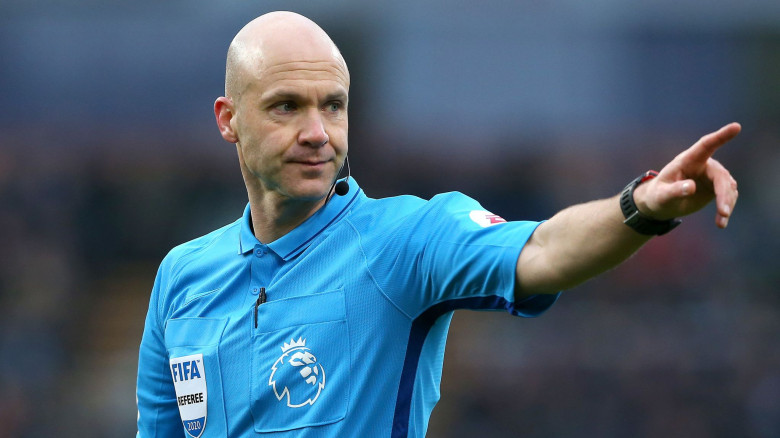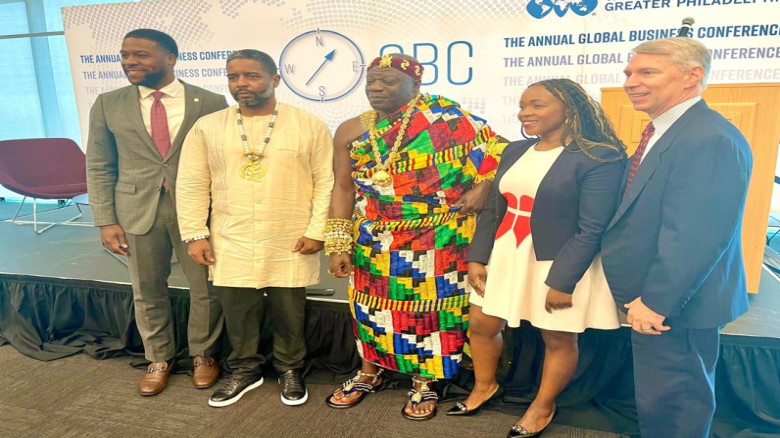NPP govt is pushing a chunk of Ghana’s debt to a future administration – Hosi
Businessman Senyo Hosi says the Akufo-Addo administration is pushing a chunk of Ghana’s financial liabilities to a future government through the new Domestic Debt Exchange Programme (DDEP) that has been presented to labour.
Speaking on the Business Focus with Paa Kwasi Asare on TV3 Monday April 17, he said “You actually have a government now who is deffering a lot of liabilities on pensions to a later time, to a future government.”
The government is considering what it calls ‘Proposed Alternative Offer for Pension Funds’ but many consider this a new debt exchange programme.
Already, Organised Labour is agitated and has served notice that the agreement reached in December for government not to include workers’ pensions in such a programme still stands.
The Ministry of Finance is said to have written to the Board of Trustees of Pension Funds to request participation in the new programme.
The sector Minister Ken Ofori-Atta explained that the proposal has been “crafted to facilitate the execution of the MoU, addressing the Government financial needs while maintaining the value of the pension funds.”
“The proposed offer entails exchanging your current holdings of Treasury Bonds, ESLA bonds and Daakye Bonds for a menu of the currently outstanding New Bonds (issued in February 2023 and maturing in 2027 and 2028 respectively. New Bond 2027 and New Bond 2028 featuring an average coupon of 8.4 % with a ratio of 1.15x, thus entailing an increase in patrimonial value.

“This complemented by an additional cash payment of 10% (strip coupon). The stream of coupons to be received as part of this proposal will therefore be 21% compared to the current 18.5% of the outstanding of old bonds.”
He further indicated that “in 2023 and 2024, both instruments will pay 5% coupon in cash and the remainder will be capitalized into the nominal amount of the two bonds in order to comply with the cash constraints and the macro-framework defined under the programme with International Monetary Fund (IMF).”











Leave A Comment